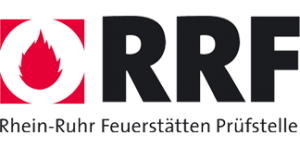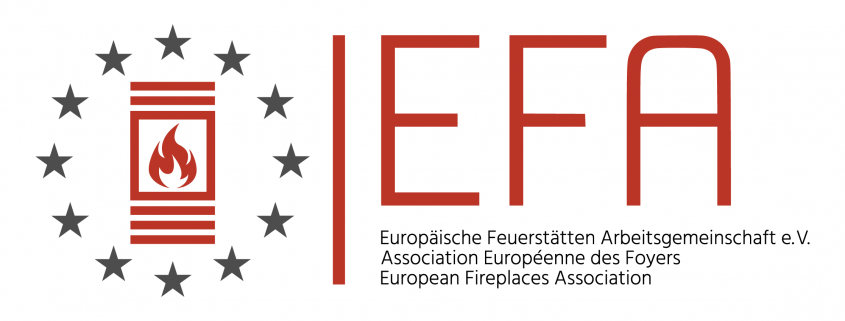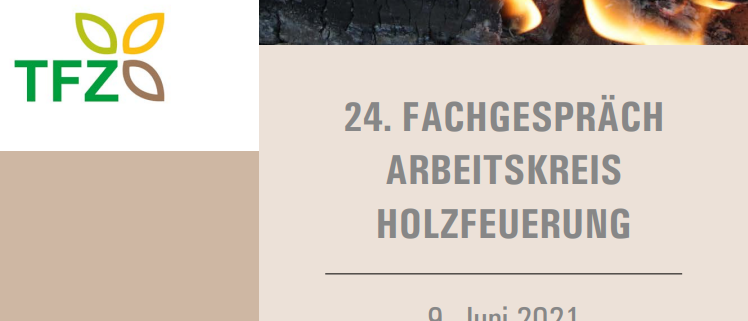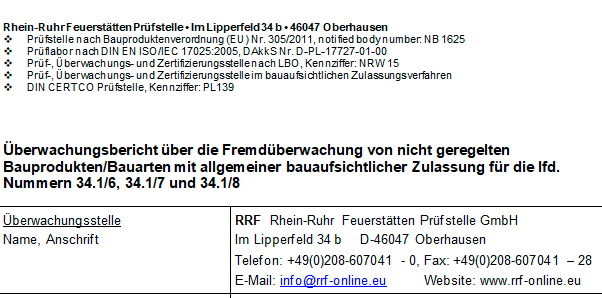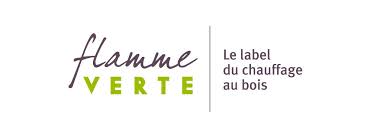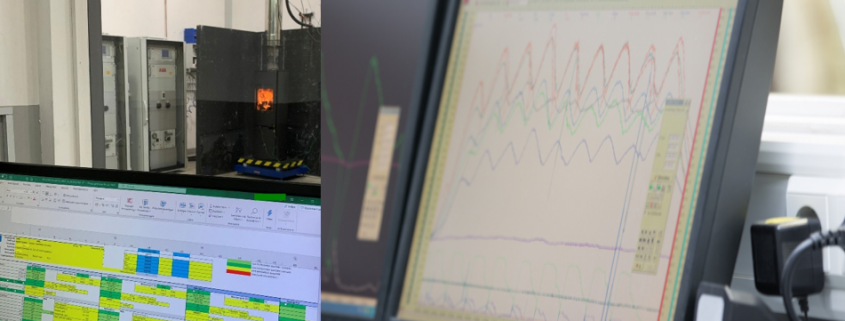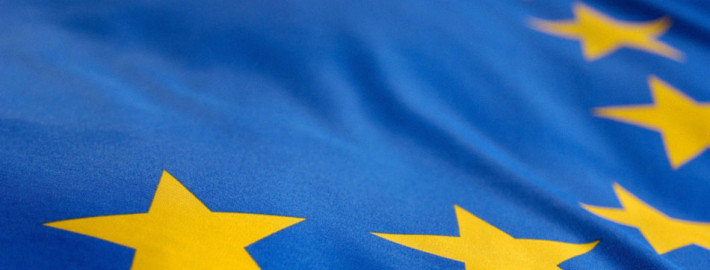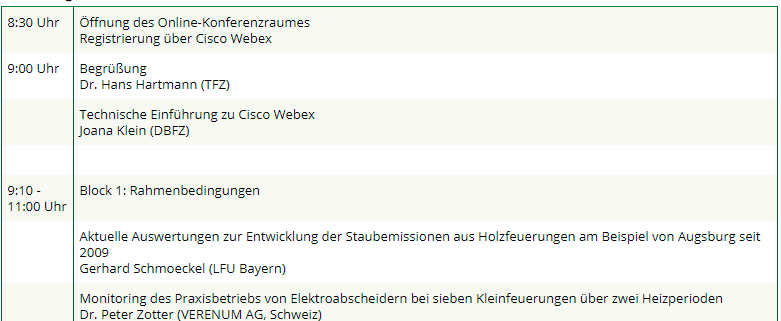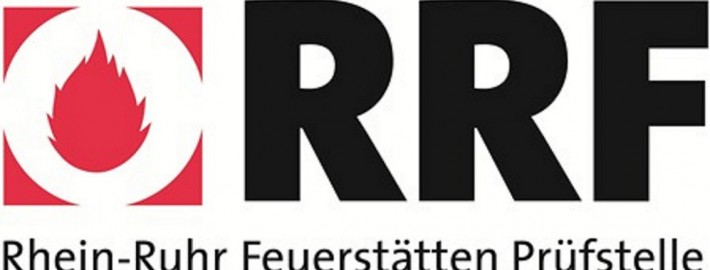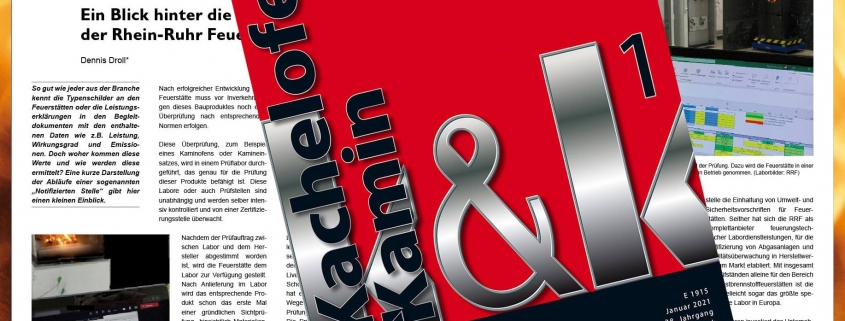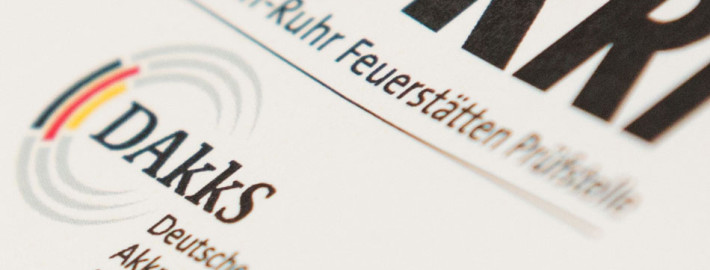With this year, the implementation for the requirements of the Eco-Design Regulation (EU) 2015/1185 in 2022 is getting closer and closer. At the turn of the year, the meeting of the German technical heads of laboratories took place. There, the implementation of Eco-Design requirements in practice with regards to the test reports and the manufacturers documents were clarified between industry, German standardization bodies and German notified bodies.
At this meeting, it was discussed, which documents apply. It should be noted that many manufacturers only pay attention to average values shown in the test reports and compare them with the Eco-Design requirements. However, in addition, further requirements must be met. These emerge both from the regulation itself and from an associated official journal of the European Commission (see below).
What is the legal bases?
- The general requirements and value limits are specified in the Eco-Design Regulation (EU) 2015/1185. In addition, the Official Journal of the European Commission “2017/C 076/02” applies.
ATTENTION
Many manufacturers only pay attention to the average values shown in test reports and compare them with the eco-design requirements. In addition, there are further requirements mentioned in the Official Journal “2017/C 076/02” need to be met!
So that no invalid declarations are created, we would like to give you specific information on how to meet the requirements:
- The declaration is made by the manufacturer, not by the test laboratory.
- Currently, the declaration is made by the manufacturer in the technical documentation listed in the regulation, not in the declaration of performance according CE marking.
- A test report of the current EN standards (EN 13240, 13229, 14785, 12815, 15250, etc.) is not sufficient for the declaration.
- CO, NOx and OGC content must have been determined in accordance with EN 16510-1.
- This also applies to the heat output and efficiency (with the exception of EN 14785 and EN 15250).
- The dust content must have been determined in accordance with CEN/TS 15833 or EN 16510-1.
- If the manufacturer requests confirmation from the test laboratory, this must not appear as a notified body in the document (the Notified Body Number is not mentioned).
- If the manufacturer declares compliance with Eco-Design, he bears the sole responsibility.
What does this mean in practice?
- Confirmation letters from test laboratories, such as certificates, lists, letters of confirmation, in which the test laboratory appears as a notified body – as they are currently published by some manufacturers are for marketing purposes – may not serve as a base for the declaration.
- The measurements of the above-mentioned parameters must have been performed in accordance with EN 16510-1. This applies to new test as well as performance tests. The requirements of EN 16510-1 are, for example:
- At least 2 continuous burning cycles in a row
- For EN 13229 fireplaces 3 burning cycles instead of 2
- Different minimum burning cycle times
- The fuels used in the test must correspond to the fuel specification of EN 16510-1. This also applies to new test as well as performed tests.
- If the manufacturer wants to know whether his test report, for example according to EN 13240, is compliant to the above-mentioned requirements, the test laboratory carry out an evaluation of the raw data if necessary. An alternative is that the measurement method EN 16510-1 is listed for the corresponding parameters in the current test reports.
- The manufacturer can also declare compliance with the Eco-Design requirements based on their own measurements and calculations. Based on this, however, no official confirmation / certificate can be created by our laboratory.
What kind of support does the RRF offer you:
- Issue of certificates for publication
- If necessary: re-evaluation of raw data or re-examination of the missing parameters on the test bench
- Issue of letters of confirmation of the fulfilment of the requirements for internal use
If you have OEM products in your portfolio, you should have the test report, which serves as the basis, checked by the owner of the original test report.
We are happy to offer you the opportunity to discuss further details on this topic in a personal meeting. If you send us a list of your fireplaces / test reports, we can make you an offer for the evaluation effort and the above-mentioned services for you.
Link to the Regulation: https://eur-lex.europa.eu/legal-content/EN/TXT/?uri=CELEX%3A32015R1185
Link to the Journal: https://eur-lex.europa.eu/legal-content/EN/TXT/?qid=1613464324868&uri=CELEX%3A52017XC0310%2804%29
